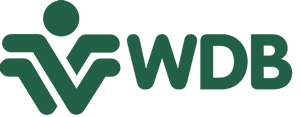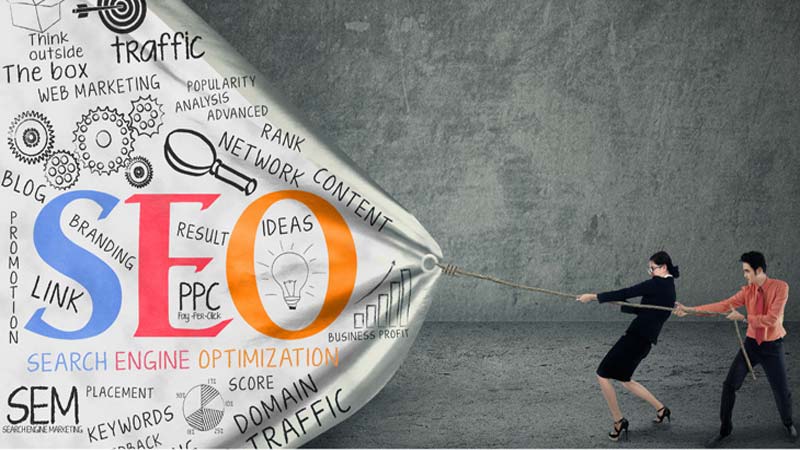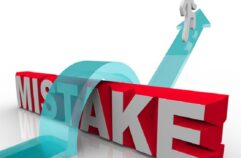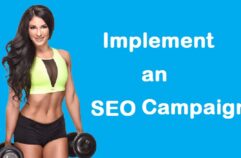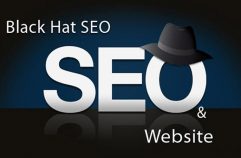Search Engine Marketing, Search Engine Optimisation, Keywords, etc
If you have your own business website you may have become aware of Internet Marketing. You may also have heard a lot of terms being used to explain the different aspects involved in Internet Marketing.
The terminology used within Internet Marketing can often experience cross-overs, resulting in certain terms being used incorrectly. This is easily done as some of the terminology does overlap to a certain extent, couple this with a basic understanding and the subtle differences in the definitions of certain terms can become diluted when discussed.
So we thought we would make life a bit simpler for those of you interested in or considering Internet Marketing to promote your business website, by providing a brief explanation of some of the main terms used when referring to Internet Marketing.
Internet Marketing
The act of marketing products or services over the internet. Internet Marketing is broad in scope as it can relate to any electronic or online marketing.
Local Internet Marketing has the same goal within defined geographical boundaries.
We are going to restrict the descriptions to those related to website promotion on the Internet.
Search Engine Marketing (SEM)
Marketing a website with the goal of improving its position in Search Engine results. There are two main types of Search Engine Marketing, Search Engine Optimization (SEO) and Pay Per Click (PPC) advertising (plus other services offered by the Search Engines). They both have advantages and disadvantages.
Pay Per Click is a form of paid advertising on the Search Engines with the aim to place your listing high on the Search Engine Results Pages (SERP). With Pay Per Click campaigns, the client only pays for traffic that is provided, based on an agreed Cost Per Click (CPC) price. PPC for local business should be viewed as a means to achieve immediate results for a limited and defined period of time, maybe for a product launch or promotion.
Search Engine Optimisation is the process of making a website highly relevant and visible so that the Search Engines find and rank that website high in the Organic Search Results. A website should be optimised for two requirements. Initially, so the Search Engines can qualify the website’s relevancy. Secondly, to achieve good SERP position for the search terms being used by your target market. In our opinion Search Engine Optimisation is a much more cost effective and suitable form of Search Engine Marketing for local business.
Local Search Engine Optimisation has the same goal within defined geographical boundaries.
Keywords
Keywords are words and/or phrases that are used to identify the content and information within a website by Search Engine ‘bots’ so the Search Engines can index and rank the site. Keywords are also the search terms used by Search Engine users to search the Internet for relative products and services. Understanding which keywords to use and how to use them are an integral part of Search Engine Optimisation.
Meta Tags
Meta tags are descriptor tags in HTML programming that help to identify the website to visitors and Search Engines. A good title tag and description with well written content and keywords can be beneficial to a websites position in the Search Engine Results Page.
Search Engine Results Page (SERP)
When a user types in a search query in any Search Engine, the relevant results are displayed on the Search Engine Results Page (SERP). The listings include both organic and paid for results.
Organic Search Results
The results produced in the Search Engine Results Page that are the result of Search Engine Optimisation and not paid advertising. These results typically attract the most traffic and are the most sought after by website owners. Ideal for a local business trying to attract a local audience.
Back-links
A back-link is a hypertext link from one web site to another. The Search Engines use the number of and quality of back-links to a particular site as a voting mechanism and consider this when assigning a Search Engine Results Page position. There are all types of back-links and some are better to have than others.
Content
How the content of your website is written and presented is very important for Local Internet Marketing. The content has to be presentable to Search Engine ‘bots’ in order for them to assess the validity of your website whilst simultaneously read correctly for your websites human visitors. Avoiding duplicate content across your own website pages and external pages is also important.
White Hat & Black Hat SEO
These are terms used to describe the practice of Search Engine Optimisation by means of accepted and approved practices only and in strict adherence to the respective Search Engines webmaster guidelines (White Hat) or the opposite (Black Hat) achieving SEO using unethical methods. Search Engines are very actively seeking to banish Black Hat SEO practice and a website optimized using outlawed practices may be banished from the Search Engines for a very long time.
Search Engine Algorithm
Is a mathematical formula designed by the Search Engines to find, qualify and place web sites in the Search Engine Results Page. The algorithms are constantly being updated and changed to help ensure that the Search Engines are providing their users with the best possible search results available. As a result Search Engine Optimisation requires constant research and monitoring to anticipate and react to changes.
Social Media Marketing
Possibly the newest element to Local Internet Marketing, using Social Media sites such as Facebook, Twitter, LinkedIn etc for business. There are essentially two basic elements, the sharing or ‘word of mouth’, using links such as those listed below and the paid advertising, similar to Pay Per Click. Social Media Integration should be a ‘must have’ for any local business website. Paid advertising is useful (as with PPC) for targeted limited duration campaigns and offers great flexibility and focus to the advertiser.
Bots
The Search Engines assessment and qualification of websites is an automated process using Robots ‘Bots’ otherwise known as Spiders. These ‘bots’ crawl websites looking for specific information and qualify a website based on what they find. Search Engine Optimisation assists this process by ensuring the ‘bots’ are presented with the relevant information.
So there you have it, an introduction into Internet Marketing terminology, we hope you found it useful!
